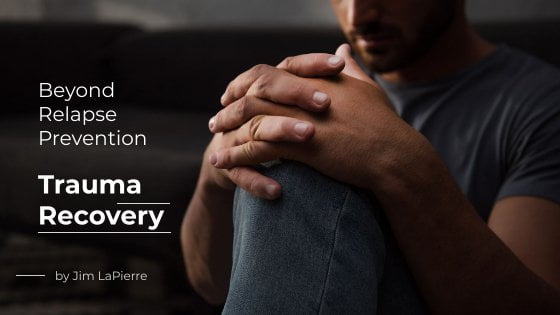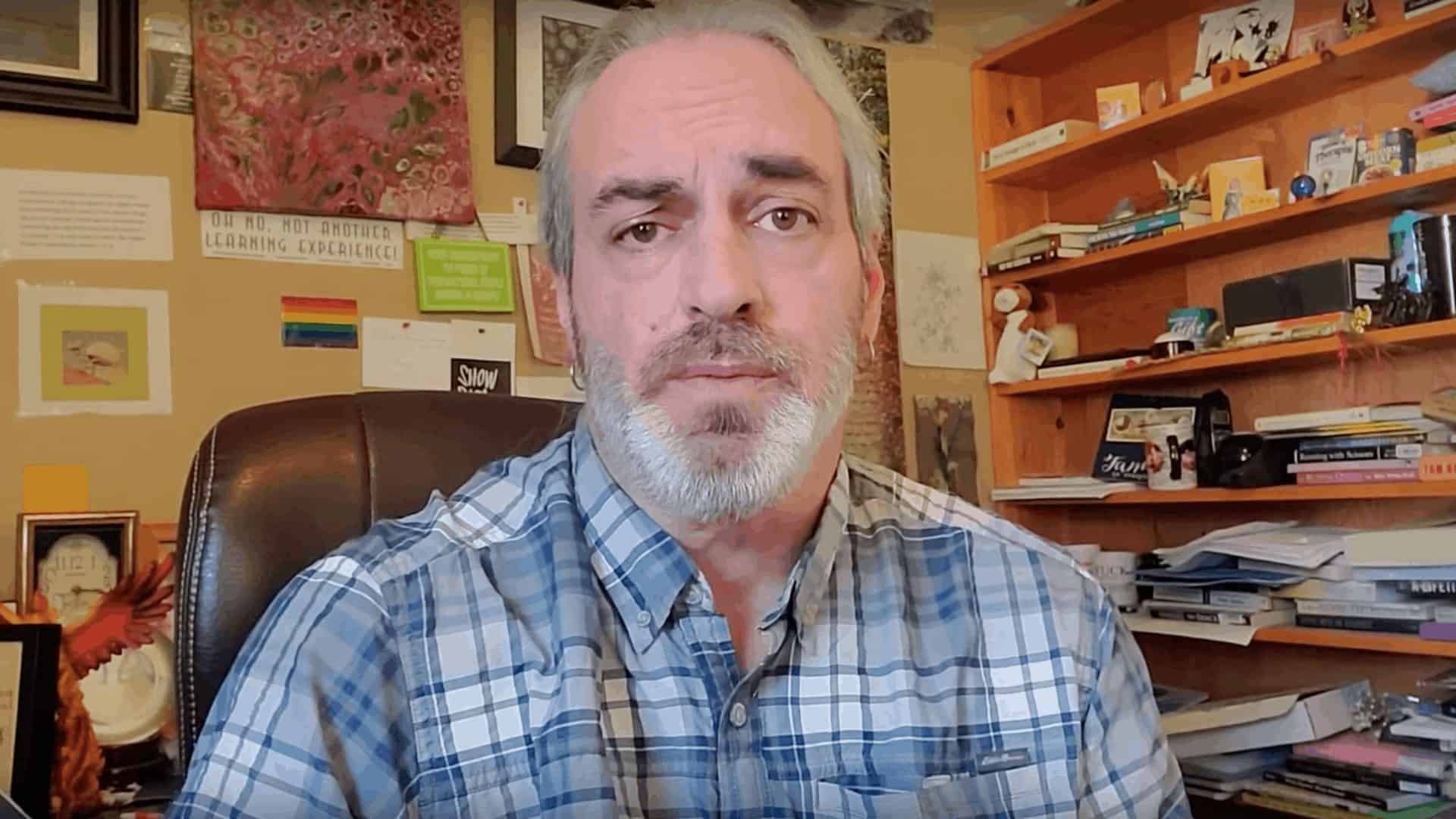Amongst those who do escape the perils of addiction, other demons remain. Rarely have I met a person in recovery from Substance Use Disorder (SUD) who did not have a great deal of repressed trauma, a wealth of unresolved grief and loss, and underlying mental illness.
Boredom In Recovery Is a Red Flag

One of the very best additions counselors I know refers to ideas like boredom as, “Beautiful lies I tell myself.” I’ve come to see boredom as a lack of imagination and an avoidance of responsibility. It’s often a product of procrastination and/or insufficient investment in self and others.
The Fear of Reaching Out

Shame is an addict’s worst enemy. It leaves us pushing away the very people best poised to help us. Shame is LOUD and it’s amplified by the disease telling us that rejection is inevitable and that trusting others will only lead to heartache.
Ambivalence Is a Barrier to Recovery

There’s a fine line between, “I don’t know if I want this” and “I’m afraid of this.” That line is imperceptible when we’re on the fence.
Lies My Depression Tells Me

My friends in recovery personify the disease of addiction in a myriad of ways. I’ve learned volumes from that. There’s a vital distinction between what is me, and what is within me that is not me, seeking to destroy me.
Alcohol, Zoom, and the Pandemic

“While I’m in a meeting, my disease is outside doing pushups.” We know this is true – we also know that the disease is not “out there” it’s inside of us and seeking to undermine us at all times.
Beyond Relapse Prevention: Trauma Recovery

Amongst those who do escape the perils of addiction, other demons remain. Rarely have I met a person in recovery from Substance Use Disorder (SUD) who did not have a great deal of repressed trauma, a wealth of unresolved grief and loss, and underlying mental illness.
Why Your Brain Is 100mph and What to Do About It

All of us whose brains go 100mph engage in addictive thinking – the black and white, all or nothing, now or never mindset. Our minds get hijacked by urges, cravings and shiny distractions that distance us from ourselves. We strive to attain – whether it’s for the next fix, the next conquest, or even in achieving our recovery goals, our approach is largely the same:
How Do I Let My Walls Down?

Nearly everyone I’ve ever served as a therapist or as a coach has said to me, “You’ll have to be patient. I have trust issues.” My response to that statement depends on how good I think their sense of humor is. What I’m most likely to say is, “Relax. We all do.”
What You Say vs. What Your Therapist Hears

My clients can only be as honest with me as they are with themselves. My job is to challenge what they’ve convinced themselves of.

